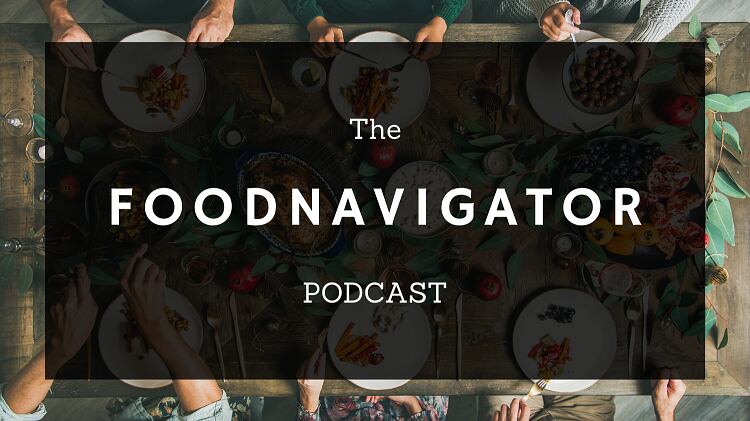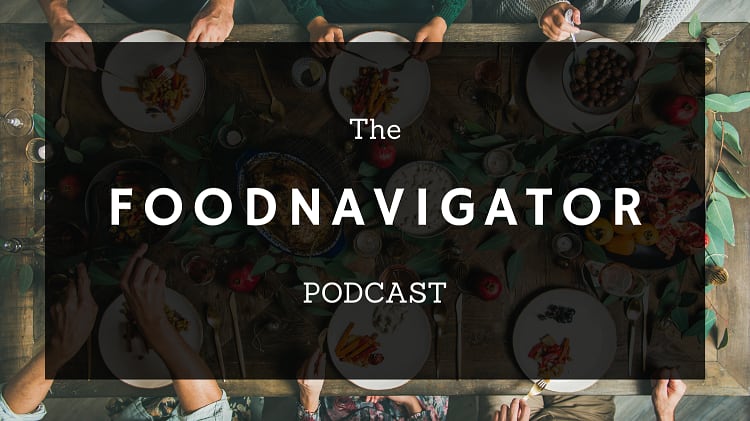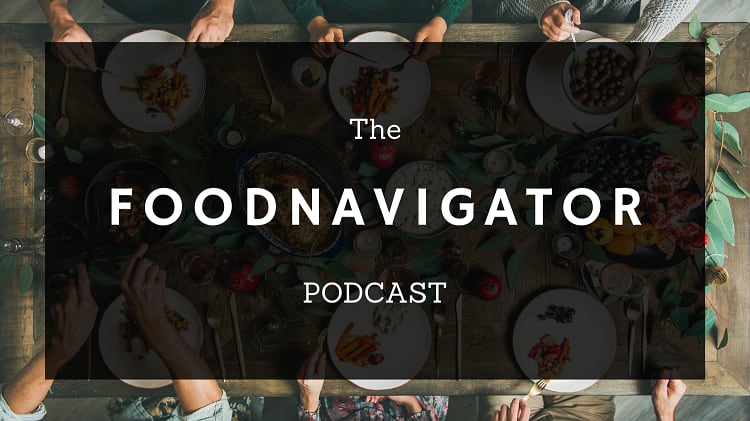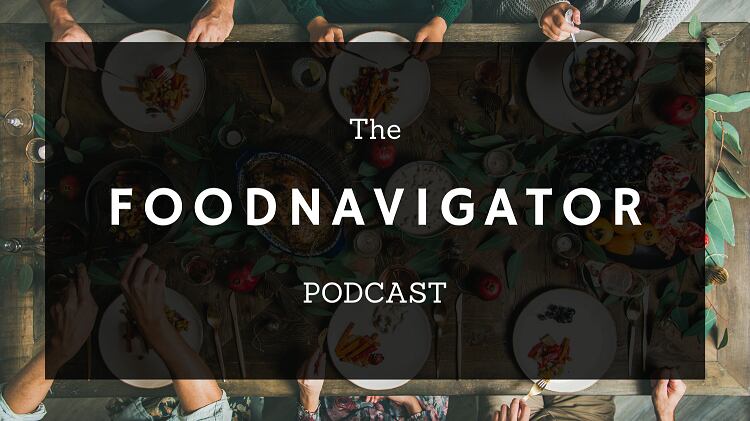Organic has long benefited from somewhat of a health and sustainability halo.
The coronavirus pandemic has accelerated the trend for nutritious, pesticide- and herbicide- free production, and Europeans should expect to see more organic produce on-shelf between now and 2030: under the Farm to Fork Strategy, the Commission wants at least 25% agricultural land under organic farming within the next decade.
Genetically modified organisms (GMOs), on the other hand, do not have the same glowing reputation amongst shoppers. Where the EU’s green and white organic logo is frequently spotted down the supermarket aisle, one is much more likely to notice a product is ‘GMO-free’, rather than the inverse.
But proponents of genetic modification say consumer aversion is tied up with a lack of understanding and prejudice.
What is GMO?
Genetic modification refers to the targeted improvement of specific crop traits using tools of genetic engineering, explained Professor Matin Qaim, Director, Center for Development Research at the University of Bonn in Germany.
Two forms of genetic engineering exist today. The old form has been used in plants since the 1980s and grown commercially since the 1990s. “The old forms involve the transfer of genes from one organism to another, and that happens across species boundaries,” Prof Qaim explained.
The result is a ‘transgenic plant’, which carries one or sometimes more genes from other organisms. These genes are ‘coding’ for specific, desirable crop traits, he continued. “So it could be, for instance, insect resistance or fungal resistance.”
New forms of genetic engineering are also referred to as gene editing. “These tools don’t transfer genes. They’re actually much more precise and only change certain genetic sequences…within the plant genome,” the professor told us.
“This is what we call point mutations…and these point mutations can also be very useful for certain desirable crop traits.”

Most consumers don’t understand genetic modification or genetic engineering, lamented Prof Qaim.
“It sounds like something very unnatural…when it comes to food, people certainly have a preference for [things] that are natural, and if there is something that sounds unnatural then there is fear that there may be new types of risks – either for human health or the environment.”
Championing organic for biodiversity
European food maker Ecotone (formerly Wessanen) says having environmental sustainability front-of-mind means it favours organic, rather than GMO-based food production.
The company boasts a number of organic brands within its stable, from Bjorg to Clipper Teas, Whole Earth and Kallø. By 2030, Ecotone has committed to further grow the share of its turnover of organic products to 90%.
“We champion organic because we believe it’s the most complete and the most sustainable all-round certification scheme that there is for food,” Klaus Arntz, chief sustainability and marketing officer, told The FoodNavigator Podcast.
“What we love specifically about it is that it really goes to the core of what is needed to protect and enhance biodiversity, which is the central purpose that we have committed ourselves to.”
For Ecotone, which has a non-GMO policy, GM is ‘fundamentally at odds’ with what it believes is ‘right for the future’. “Because it is predicated on increasing short-term yields, more effectively exploiting the land and the soil, without really looking into concerns of longer-term sustainability [and] external costs…”
Why can’t we have both?
The cultivation of GM crops is largely banned in European Member States, with the exception of Spain, Portugal, the Czech Republic, Romania, and Slovakia.
However, organic food is also grown and produced in these countries, which begs the question: Can organic and GMO happily co-exist?
Eric Gall, Deputy Director of IFOAM Organics Europe, was quick to stamp out this idea: “There is no such thing as co-existence between organic and GM crops.”
Spain is a ‘case in point’, he told us. “We know from the Spanish example…that organic producers had to give up production of organic maize because even when contamination is not systemic, you know that you always have the risk of contamination and the result is that the companies that were buying the maize from the farmers stop buying from them. They can’t take the risk of finding contamination at the processing stage in the maize they bought from the farmers.
“So organic farmers lost market, they face the risk of losing reputation, and the measure they have to face to mitigate the risk of contamination…increases costs for them.”
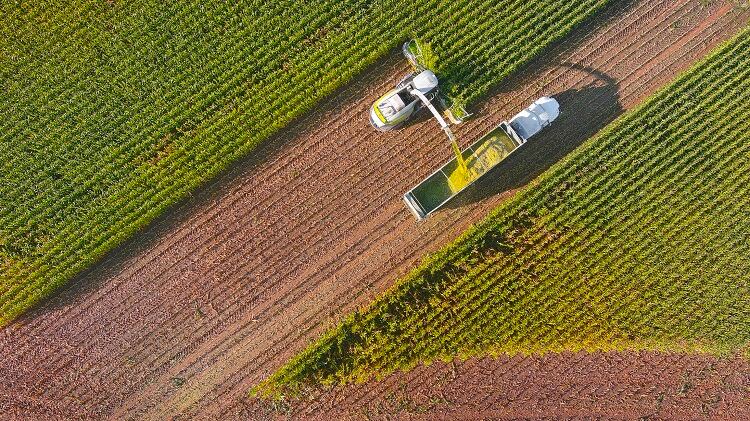
Bonn University’s Qaim acknowledged the need to avoid cross-pollination, which he said requires ensuring sufficient distances between fields cultivating genetically modified plants and their organic counterparts. “It can be managed, but it certainly requires sufficient distances.”
But Qaim also sees potential for a form of organic-GMO hybrid. Which could remove the cross-contamination risk altogether.
“In my eye, the definition of organic may also be changed. If organic wants to be good for the environment and wants to reduce the use of chemical inputs, and if you can breed plants that are more resistant to pests and diseases so that they don’t need chemical pesticides, then actually that could be the perfect match with organic methods.
“I think we need to think a little broader than [the] definitions that were defined many decades ago, and think about how we can make agriculture more environmentally friendly. And in my eye, that could very well work using organic methods in combination with gene editing tools.”
GMO encouraging innovation…elsewhere
Current EU regulation, coupled with consumer perceptions of GMOs, means that food tech innovation based on this technology is largely happening elsewhere. Or if GM-based products are being developed in Europe, it’s likely they’ll enter the market in other geographies.
Dutch ingredients start-up Fooditive is fermenting DNA-modified yeast to create the milk protein casein, without the cow.
We asked founder and CEO Moayad Abushokhedim whether Fooditive falls into this category: Will commercialisation be likely to happen further afield under a different regulatory authority.
“Sadly yes. We’ve really struggled when it comes to even talking about this topic, because we have to first create way more consumer awareness and create more clear marketing – allowing people to understand what GMO is. But of course we have to follow the European Food Safety Authority’s (EFSA) regulation.
“The EFSA regulation is really strict in reference to marketing and actually taking a product like this to market. We have to [conduct] lots of clinical studies to show…this product is safe for human consumption.”
Being a start-up, Fooditive is concerned it cannot afford to conduct the ‘intense’ research required to seek regulatory approval.
This may, indeed, force Fooditive to look outside of Europe for initial market entry.
“The US Food and Drug Administration (FDA) offers an open guide to make it a bit easier to enter the market with such a product, with easier requirements when it comes to the scientific research.”
To hear Abushokhedim's, and others', predictions for the future of GM regulation, listen to the full FoodNavigator podcast.


